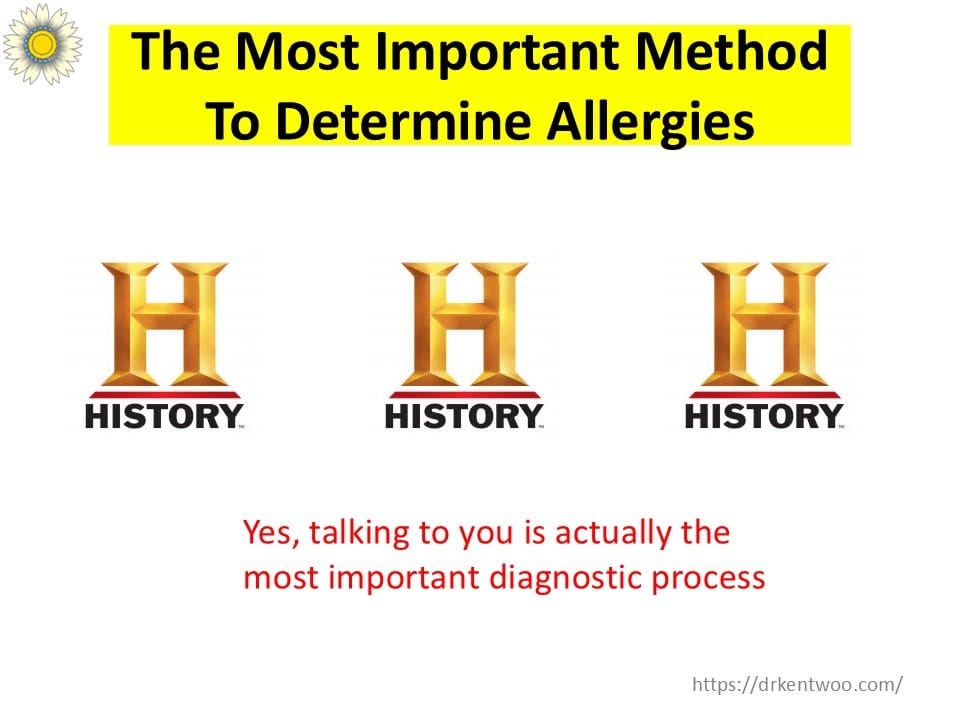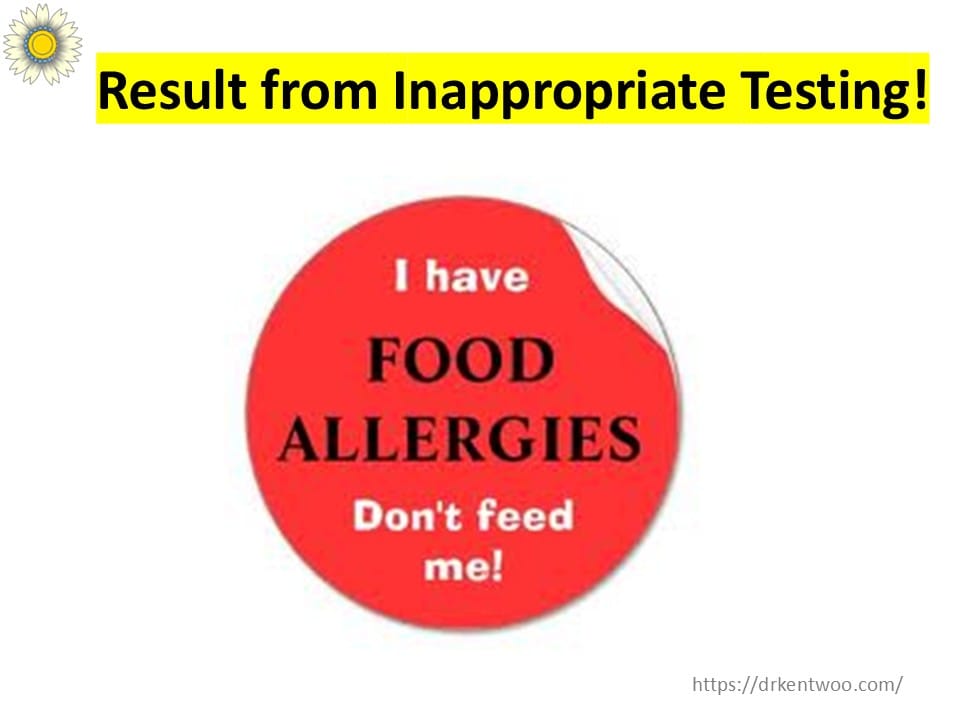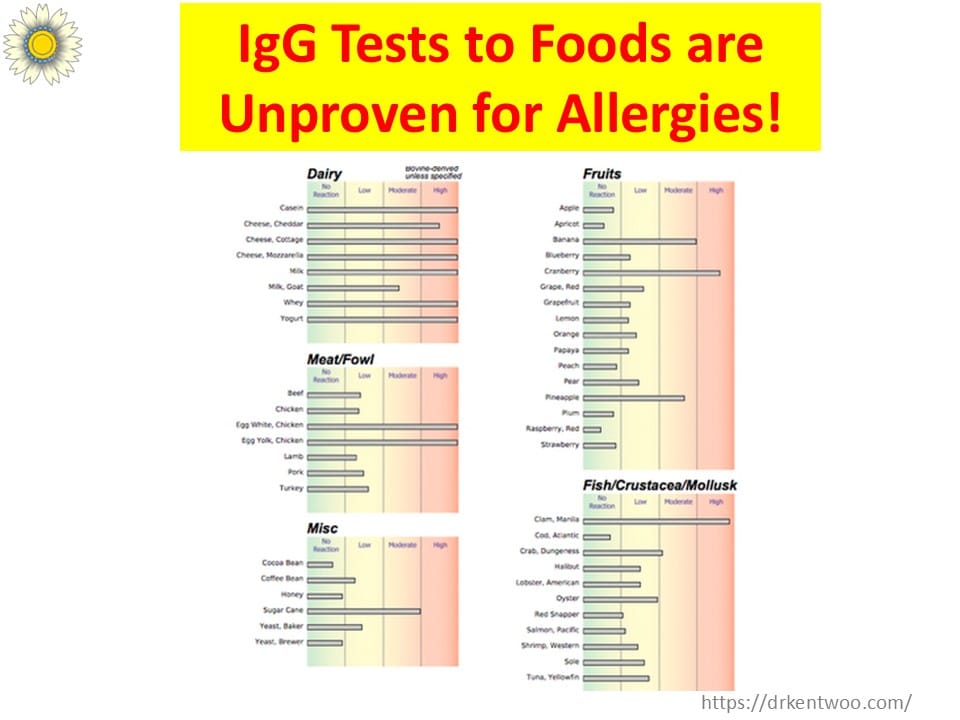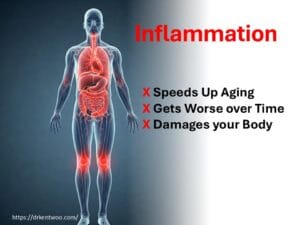How to Properly Evaluate Food Allergies: What You Need to Know
When it comes to food allergies, accurate diagnosis is essential. The best way to assess a potential food allergy is by consulting a board-certified Allergy & Immunology specialist. A proper evaluation starts with a detailed medical history to determine:
✅ Is a food allergy likely?
✅ What is the most probable trigger?
A thorough clinical assessment helps avoid unnecessary food restrictions and ensures the right testing approach is taken.

A detailed clinical history is the most important step in diagnosing a food allergy. During your consultation, your doctor will ask key questions to assess the likelihood of an allergic reaction. These include:
🔹 Symptoms & Timing
🔹 Type of Reaction
🔹 Food Exposure Details
🔹 Pattern of Reactions
🔹 Other Factors
Why Blood Tests Alone Are Not Enough for Diagnosing Food Allergies

Many people assume that a blood test can provide a definitive answer for food allergies, but this is not always the case. Here’s why:
❌ False Positives – Blood tests can produce non-specific IgE antibody reactions, meaning you might test “positive” for a food you’ve eaten without any problems. This can lead to unnecessary food avoidance.
❌ False Negatives – A person may still have a food allergy even if their IgE test is negative. This is why a clinical history is crucial before relying on test results.
🚫 Avoid Unsupervised Food Allergy Screening Panels
Broad food allergy panel tests can be misleading and often cause unnecessary dietary restrictions. Testing should only be done under the supervision of an Allergy & Immunology specialist to ensure accurate interpretation.
When Are Blood Tests Useful?
Although blood tests alone cannot diagnose food allergies, they are helpful in certain situations:
🔹 Monitoring Food Allergy Progression – If a food allergy is confirmed, blood tests can track IgE levels over time to determine if a person is outgrowing their allergy.
🔹 Guiding Oral Food Challenges – The gold standard for confirming whether a food allergy has been outgrown is a supervised oral food challenge, often supported by declining IgE levels.
Beware of Unproven Food Allergy Tests (IgG & IgG4 Tests)

⚠️ IgG and IgG4 food intolerance tests are NOT reliable for diagnosing food allergies.
Many commercial labs offer IgG or IgG4 tests, claiming they can detect food allergies. However, scientific research does not support these tests. In fact:
🔸 IgG responses are a normal immune reaction to food exposure and do not indicate an allergy.
🔸 There is no proven link between IgG levels and allergic reactions.
🚨 Bottom Line: Avoid spending money on unvalidated IgG tests. Always consult an Allergy & Immunology specialist for proper evaluation.
How to Get an Accurate Food Allergy Diagnosis
1️⃣ Schedule a consultation with a board-certified Allergy & Immunology specialist.
2️⃣ Undergo a detailed medical history to assess symptoms and possible triggers.
3️⃣ Consider appropriate skin prick or blood tests—only if necessary.
4️⃣ If needed, undergo an oral food challenge to confirm or rule out an allergy.
Concerned About Food Allergies? Get Expert Guidance Today!
A proper diagnosis ensures you avoid unnecessary food restrictions and get the right allergy management plan.




